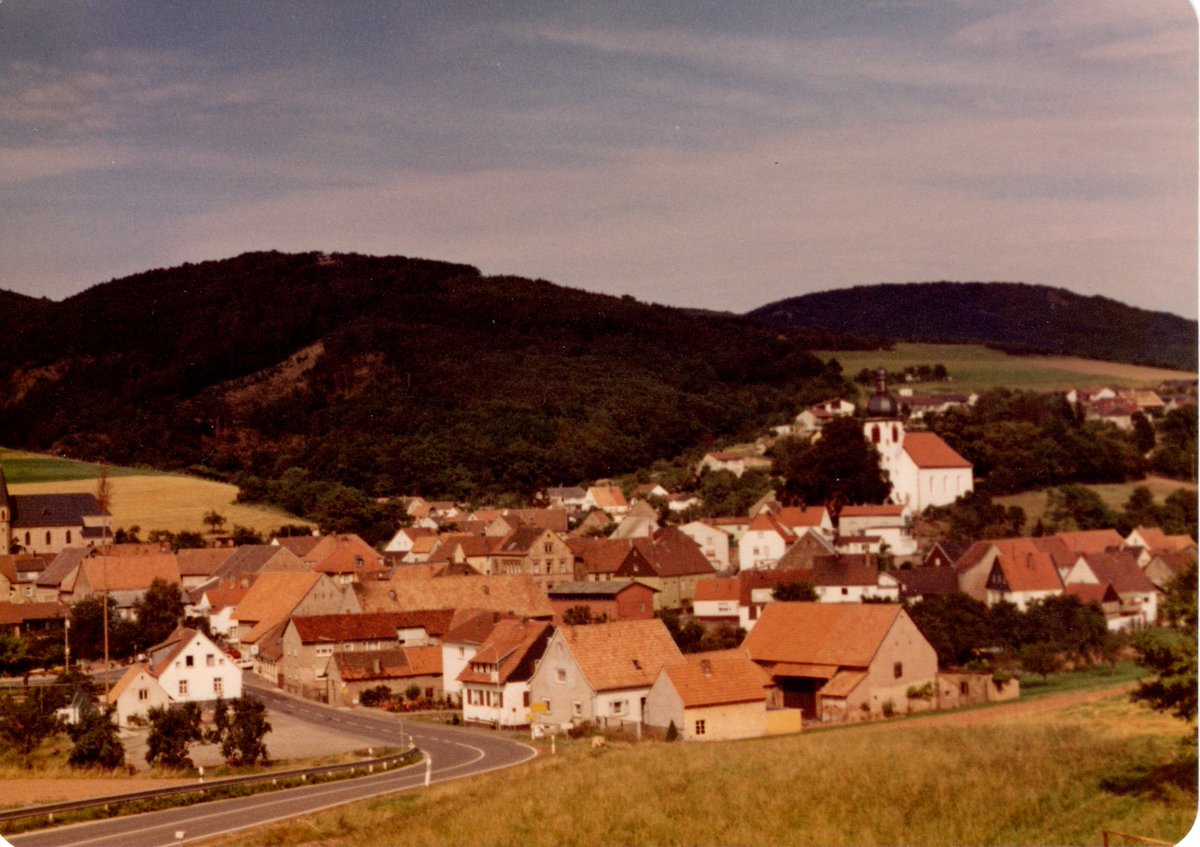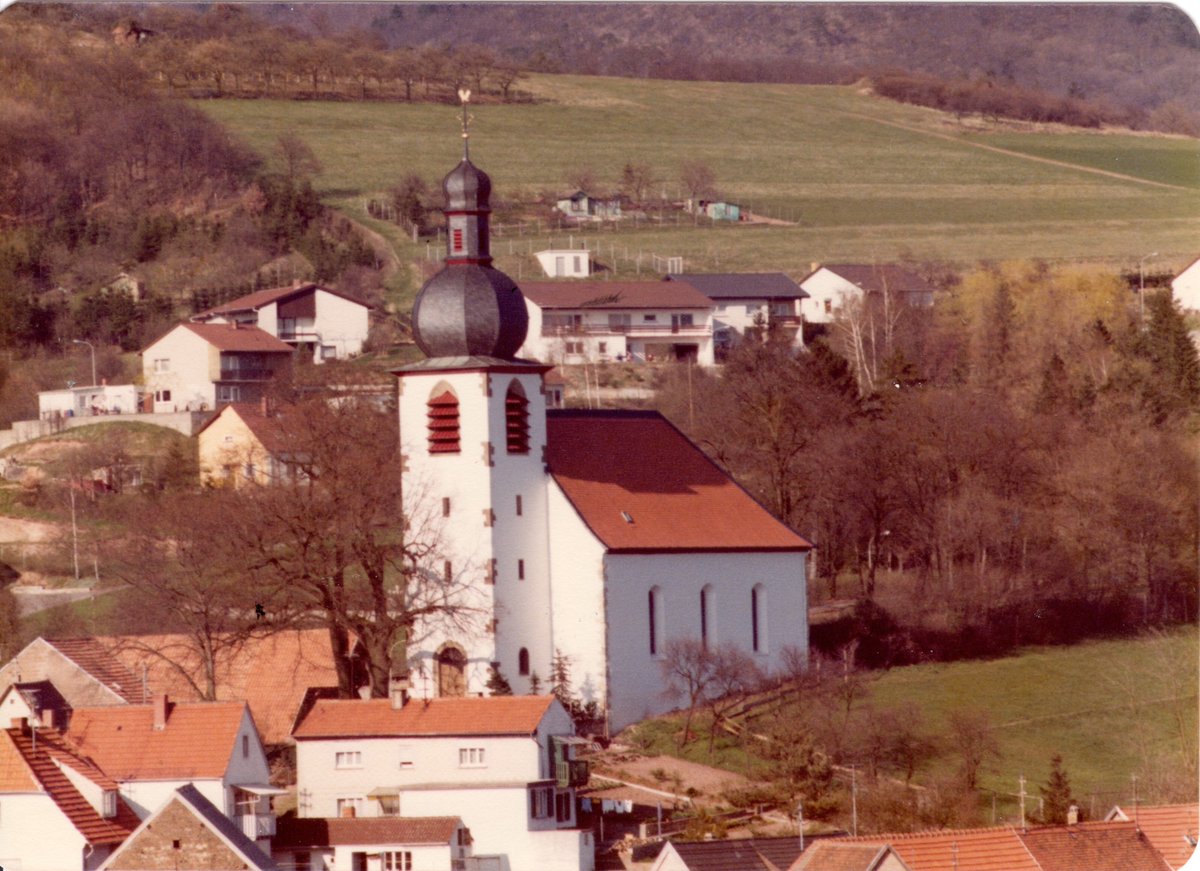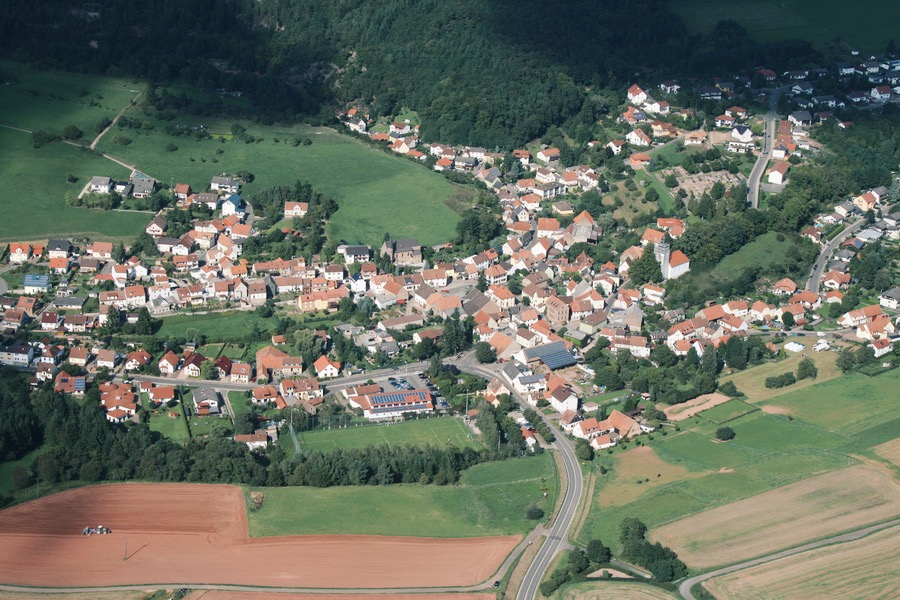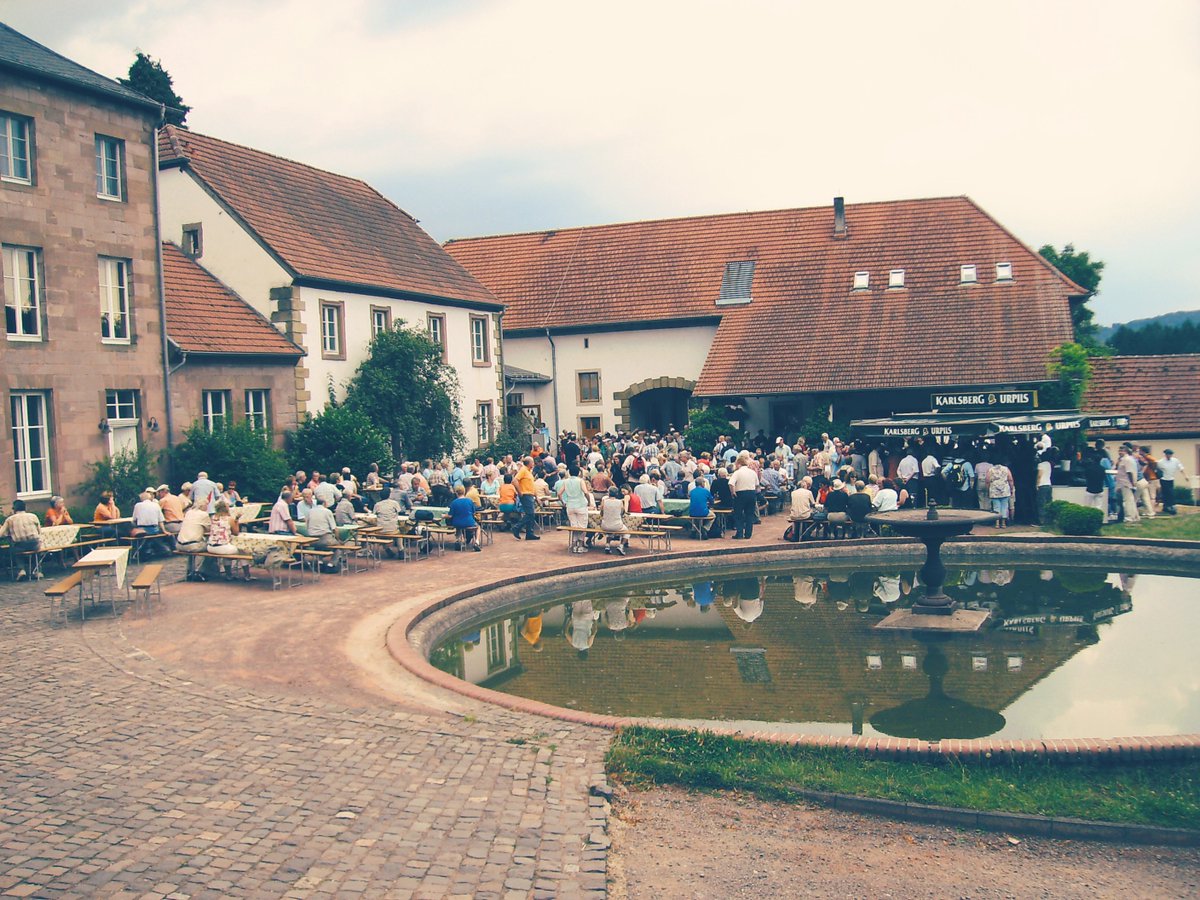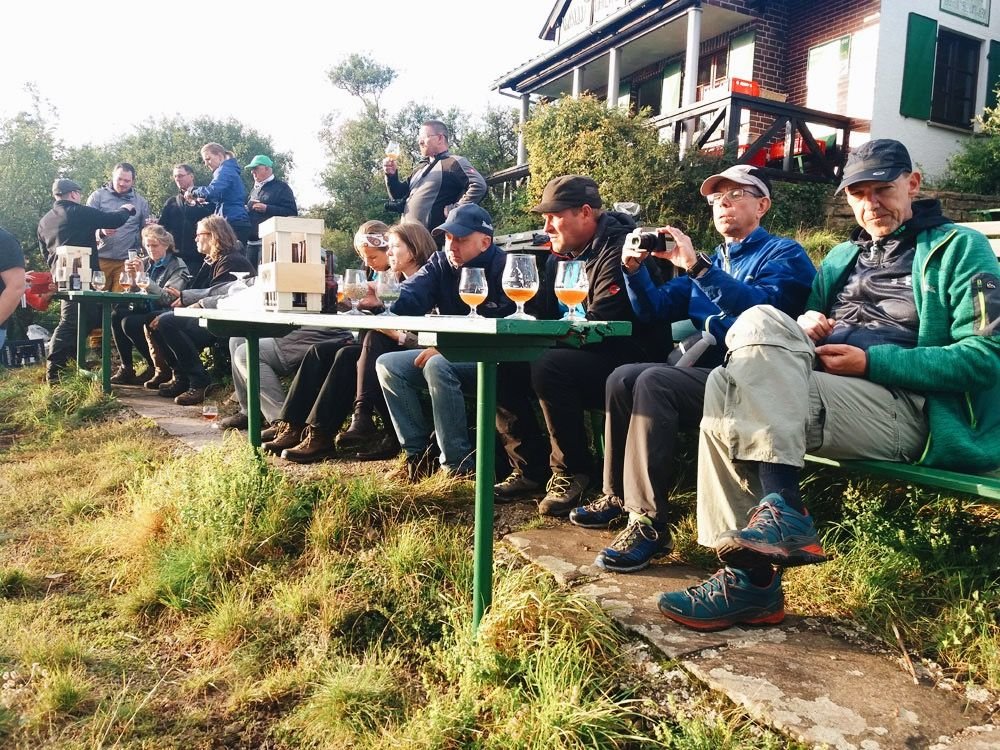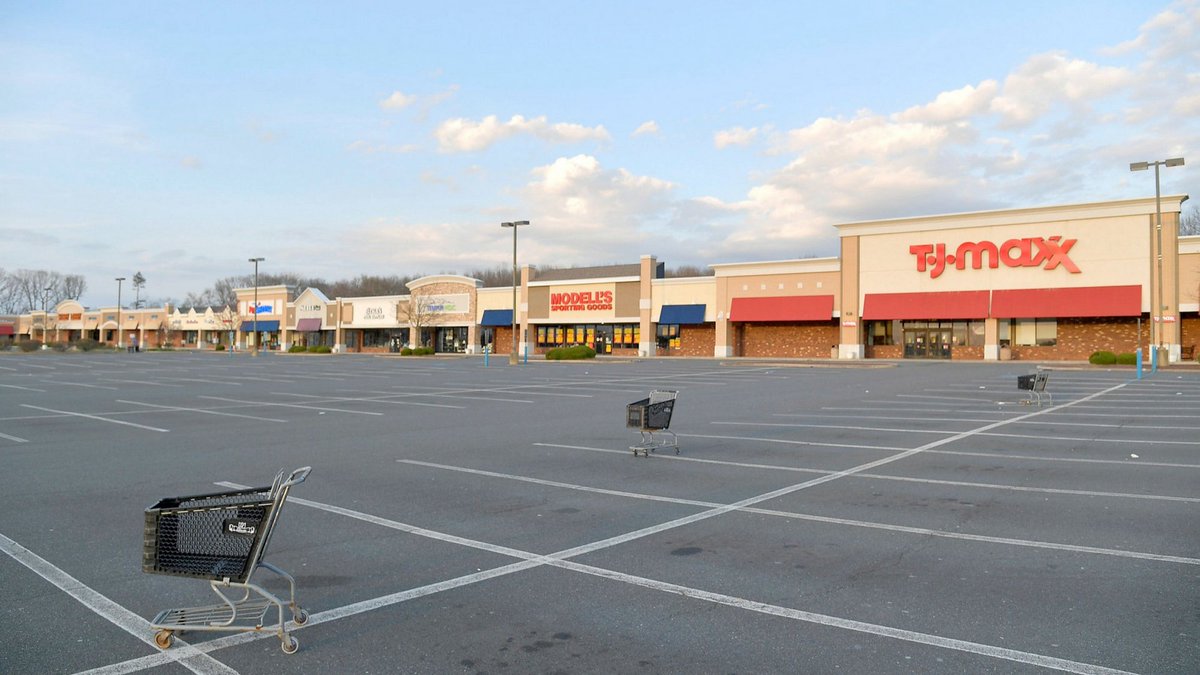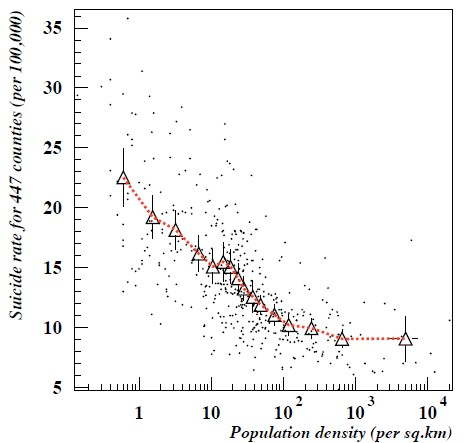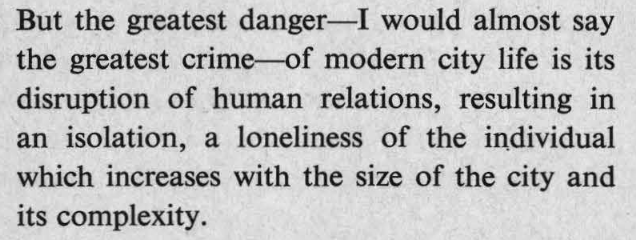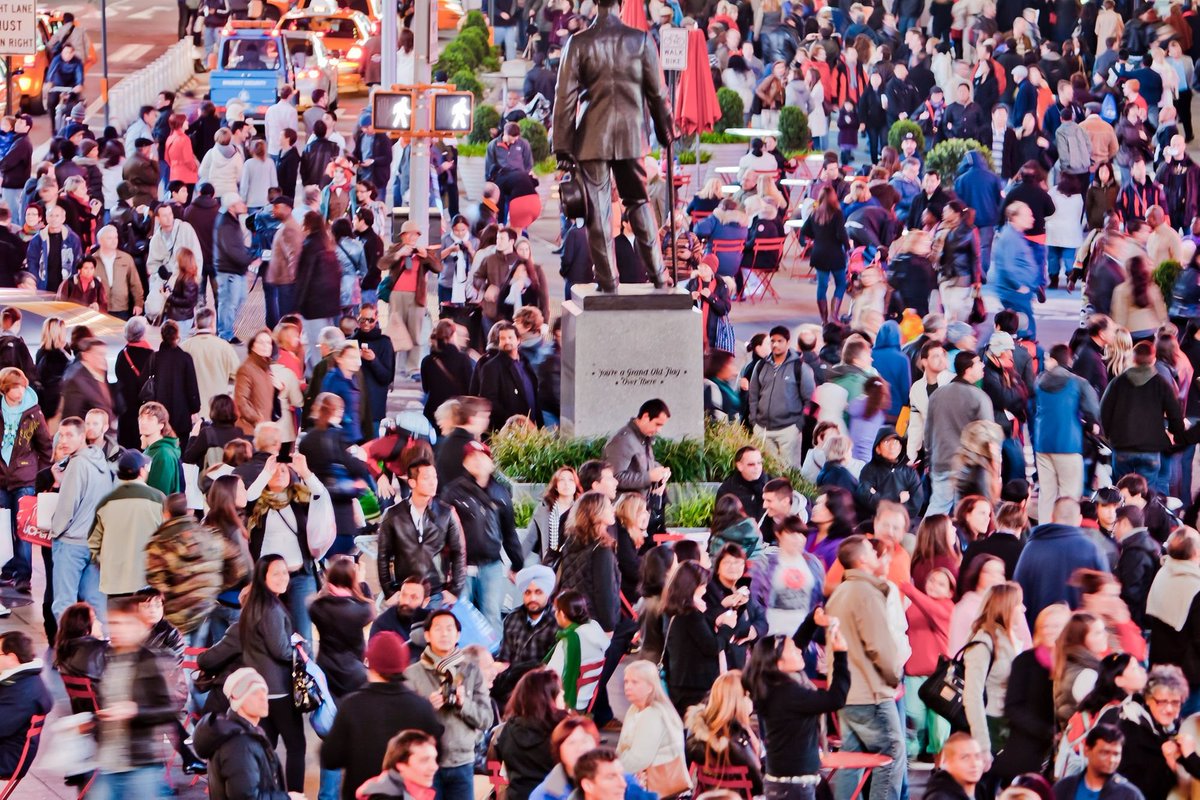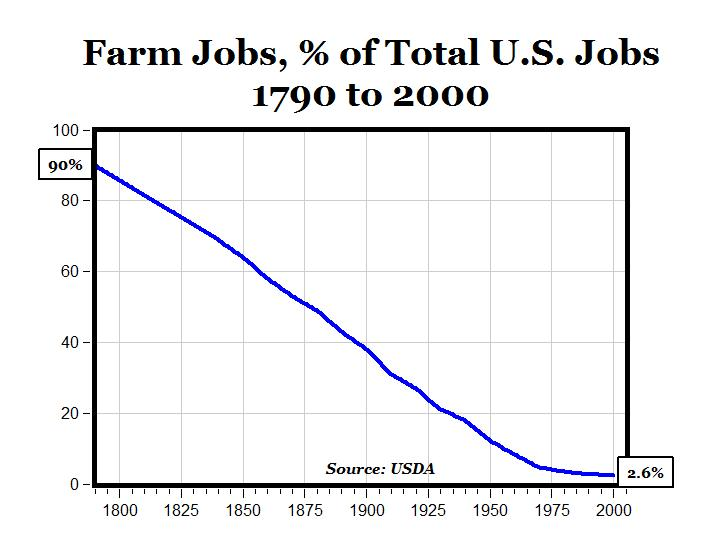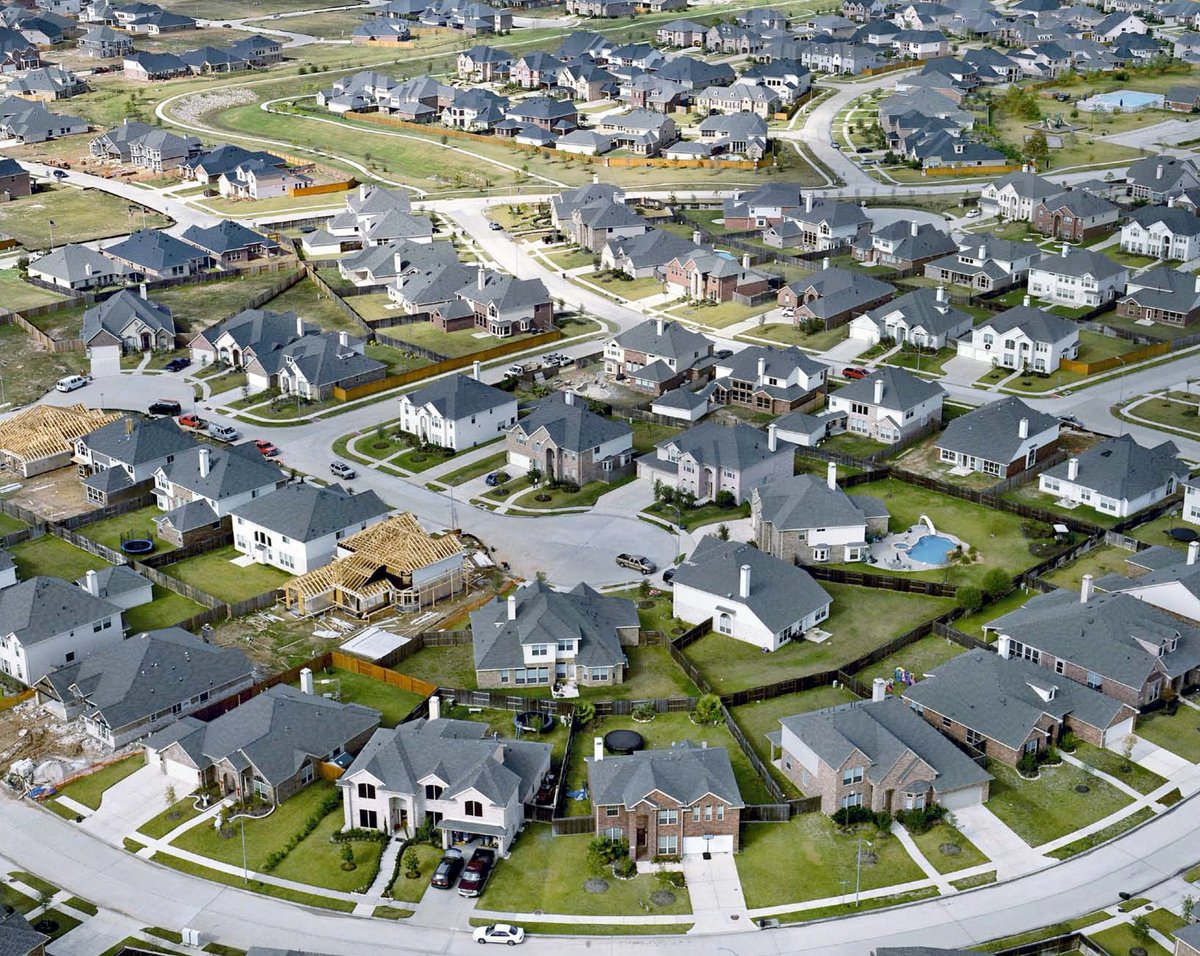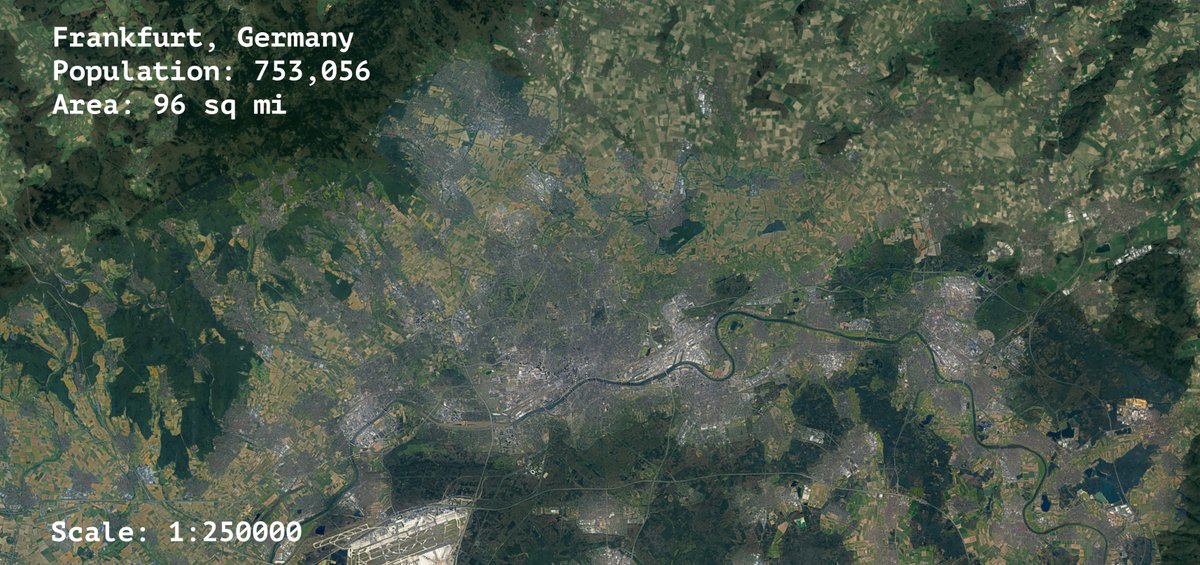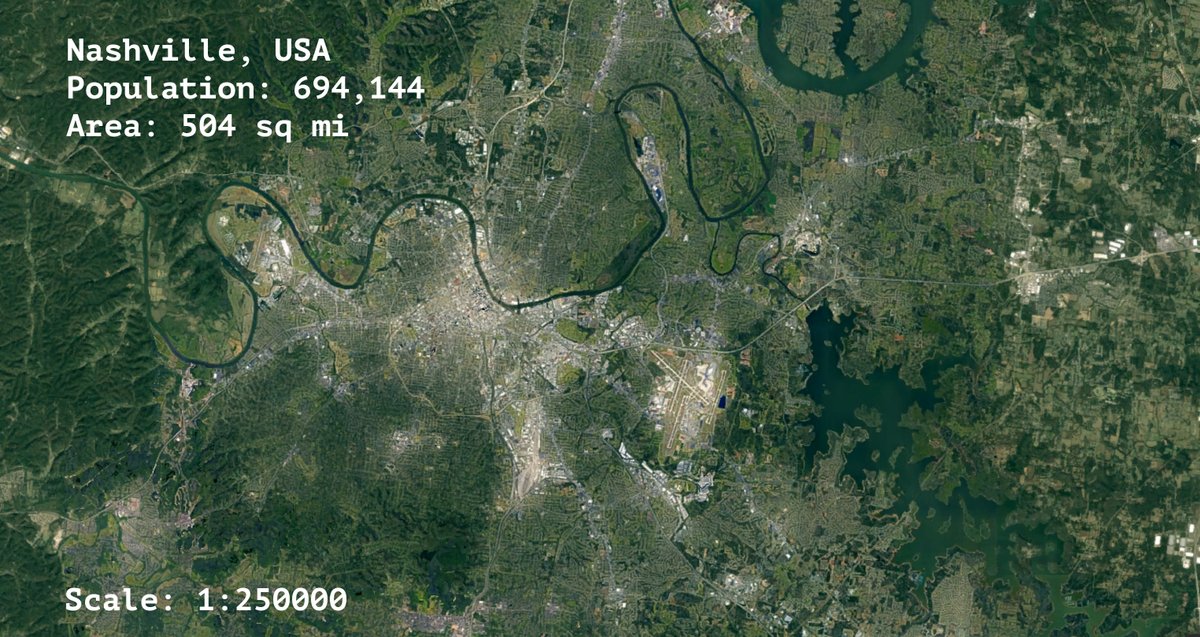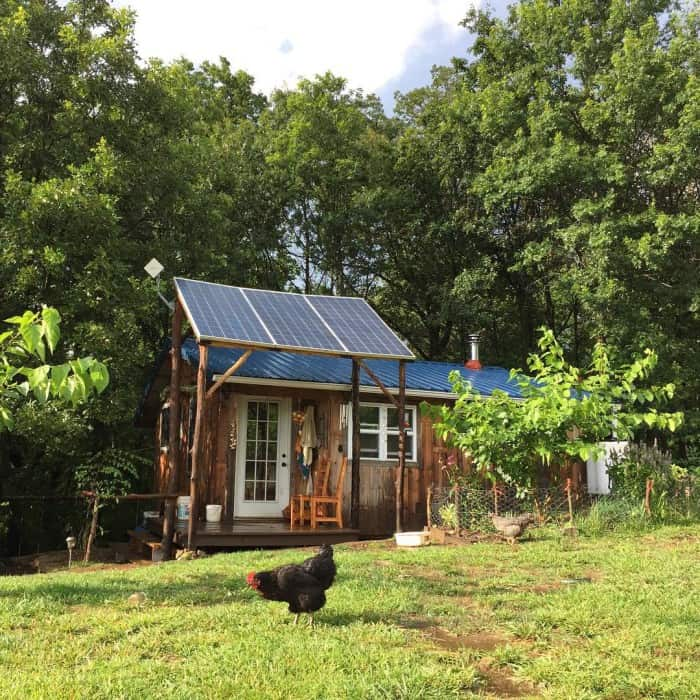This is the village in Germany where my parents met in the 1980's.
It is called Imsbach, population: 971
The longest walk you can take while staying in the village is 15 minutes.
a thread about villages/
It is called Imsbach, population: 971
The longest walk you can take while staying in the village is 15 minutes.
a thread about villages/
1/ I grew up visiting Imsbach. Except for the wind turbines that went up (and created some new jobs), it never really changed.
2/ The edges of the village are well-defined. You are inside the village or you are outside the village. There is no in-between.
3/ The center of town serves as a meeting place for any and all community gatherings, formal and informal. Everyone knows everyone. It's a very difficult place to feel lonely.
4/ Imsbach sits at the base of a large foothill. In the summer we would all climb up and drink Bischoff (the local beer) together at a community space the town built at the top, and enjoy the view. This was where I had beer for the first time.
5/ Imsbach is lovely, but it isn't special. There are hundreds of villages like this across Germany, and many more across the rest of Europe, Latin America, Africa, and Asia.
Yet, back in the US, there is nothing of the sort. We have basically two options:
Yet, back in the US, there is nothing of the sort. We have basically two options:
6/ America doesn't have villages. A village is small and dense.
Imsbach is only 971 people, but they live close together – ~11 people/acre, a density you really only find in urban neighborhoods of very large cities in the US.
Imsbach is only 971 people, but they live close together – ~11 people/acre, a density you really only find in urban neighborhoods of very large cities in the US.
7/ America has small towns, but they aren't dense.
It has dense cities, but they are anything but small.
It has dense cities, but they are anything but small.
8/ Why does this matter? b/c America is deep in a crisis of loneliness, and the form of our communities is a critical determinant of social connectedness.
Low density permits few opportunities to connect. Sure enough, suicide rates are higher in suburbs.
https://arxiv.org/abs/1306.5179v1
Low density permits few opportunities to connect. Sure enough, suicide rates are higher in suburbs.
https://arxiv.org/abs/1306.5179v1
9/ On the other hand, massive cities contribute to a sense of anonymity and social isolation of a different kind.
https://journals.sagepub.com/doi/abs/10.1177/089124167400300301?journalCode=jcea
https://apps.who.int/iris/bitstream/handle/10665/333170/WH-1966-Feb-Mar-p18-24-eng.pdf
https://journals.sagepub.com/doi/abs/10.1177/089124167400300301?journalCode=jcea
https://apps.who.int/iris/bitstream/handle/10665/333170/WH-1966-Feb-Mar-p18-24-eng.pdf
10/ The problem is growing dire. Since 1985, social scientists have asked a representative sample of Americans, "How many confidants do you have?"
In 1985, the most common answer was three.
By 2004 the most common answer was zero. https://journals.sagepub.com/doi/abs/10.1177/000312240607100301
In 1985, the most common answer was three.
By 2004 the most common answer was zero. https://journals.sagepub.com/doi/abs/10.1177/000312240607100301
11/ As the last year has reminded us, our species does not handle isolation well. https://twitter.com/KaseyKlimes/status/1361085665174319104?s=20
12/ So why doesn't the US have villages?
This question is much too large to tackle here. Suffice it to say American communities were built in a different era, under a different logic, & governed by different rules.
This question is much too large to tackle here. Suffice it to say American communities were built in a different era, under a different logic, & governed by different rules.
13/ If you're interested in the subject I highly recommend reading James Howard Kunstler's Geography of Nowhere.
(h/t to @berkun for reminding me of this gem). https://www.simonandschuster.com/books/Geography-Of-Nowhere/James-Howard-Kunstler/9780671888251
(h/t to @berkun for reminding me of this gem). https://www.simonandschuster.com/books/Geography-Of-Nowhere/James-Howard-Kunstler/9780671888251
14/ Could we build American villages?
We've surely achieved far more difficult things, but what would it take? I'm jumping off into speculation now (and would love to hear your ideas), but a few things come to mind for me as opportunities...
We've surely achieved far more difficult things, but what would it take? I'm jumping off into speculation now (and would love to hear your ideas), but a few things come to mind for me as opportunities...
15/ For one, macro-level spatial forms are generally downstream of economic forces. It's easy to figure that the loss of small-scale farming & corporate consolidation of industry makes the economic viability of villages impossible...
16/ But the residents of Imsbach are not craftsmen producing furniture by hand in little workshops.
Our closest friends work at the multinational corporation BASF in Mannheim, 45 minutes away by car. Others work in finance in Frankfurt or universities in Kaiserslautern.
Our closest friends work at the multinational corporation BASF in Mannheim, 45 minutes away by car. Others work in finance in Frankfurt or universities in Kaiserslautern.
17/ By contrast, consider where you end up if you drive 45 minutes in any direction from any major employment in America:
18/ The US economy is not so fundamentally different from the German economy. What's different is that German cities (like German villages) have clearly defined boundaries distinguishing them from the countryside. It is therefore easy to live in a village and commute to the city.
19/ Because of sprawl, an American village would need to be much further from employment centers (and the basic goods + services that only major metros can sustain) than its international counterparts. This creates an obvious hurdle.
20/ Of course, the rise of remote work, sophisticated shipping logistics infrastructure, tele-medicine, cheap solar energy and digital technology on the whole present a new opportunity for the American village.
21/ These are the conditions that might sustain an American village, but they aren't the force needed to catalyze American villages into existence. That will take something greater.

 Read on Twitter
Read on Twitter